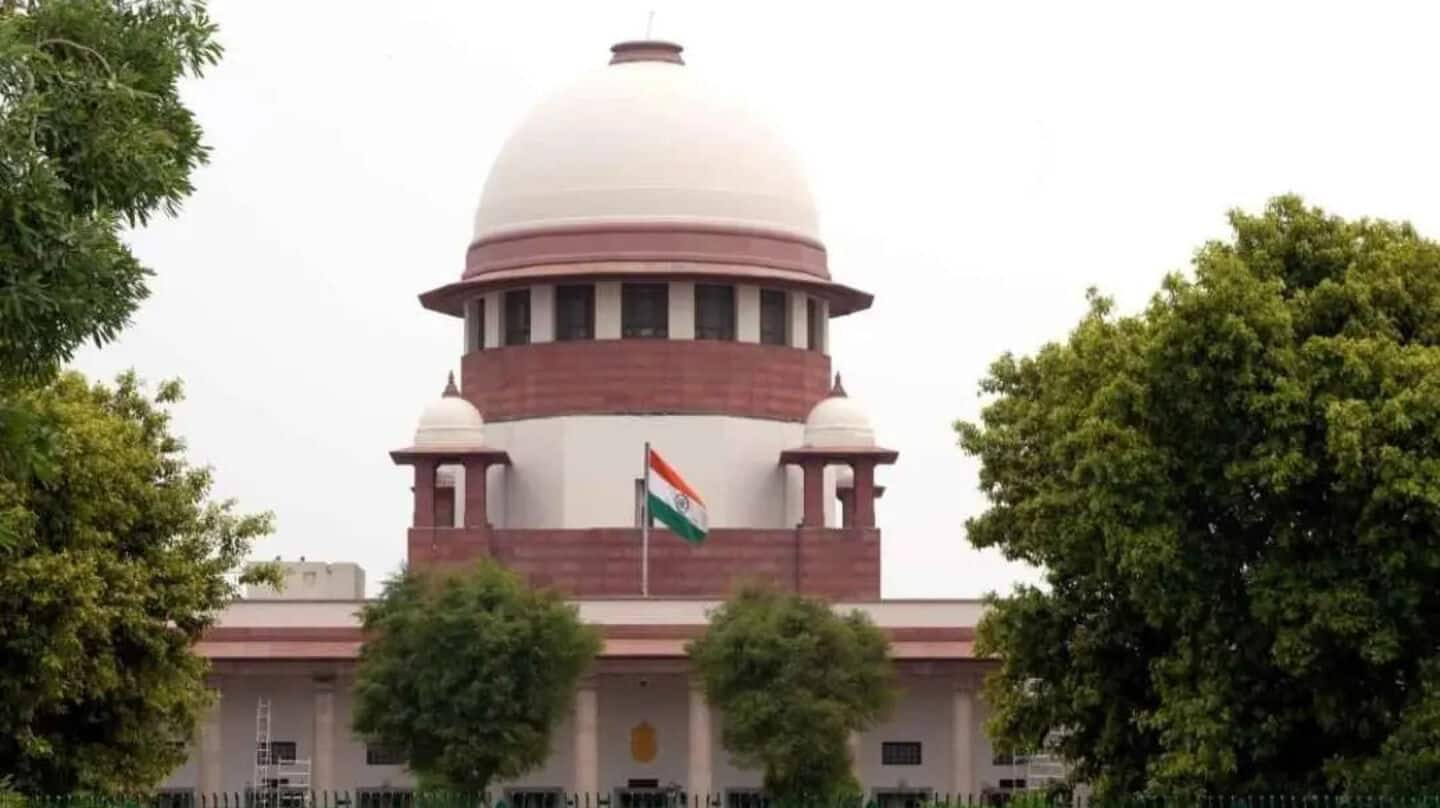
Secretly recorded calls of spouses admissible as evidence: SC
What's the story
The Supreme Court has ruled that secretly recorded telephonic conversations between spouses can be used as evidence in legal proceedings. The decision was made by a bench of Justices BV Nagarathna and Satish Chandra Sharma, which overturned a 2021 Punjab and Haryana High Court ruling. The earlier ruling had prohibited a husband from using a CD or memory card containing conversations with his estranged wife, recorded without her consent.
Legal framework
Court's clarification on Indian Evidence Act provisions
The Supreme Court's decision was based on Section 122 of the Indian Evidence Act, which prohibits one spouse from disclosing marital communications without consent. However, this provision has an exception for legal proceedings between spouses. The court clarified that while privacy exists between spouses, it isn't absolute and must be balanced with the constitutional right to a fair trial under Article 21 of the Constitution. Section 122 has been replaced by Section 121 of the Bharatiya Sakshya Adhiniyam, 2023.
Privacy and justice
Reference to 2017 Puttaswamy judgment on privacy as fundamental right
"We have also referred to the 2017 KS Puttaswamy judgment," stated the court, referring to the landmark ruling that affirmed privacy as a fundamental right. "However, such rights cannot be applied horizontally in all contexts," it said. The court emphasized that allowing secretly recorded conversations as evidence in matrimonial cases ensures procedural fairness, especially where mental cruelty or marital discord is concerned.
Case background
Origin of the case
The case originated from a 2017 divorce petition filed by a man against his wife. He submitted a CD of telephonic conversations recorded without her knowledge as evidence. The Bathinda family court allowed him to prove the contents of the CD, subject to its authenticity being established. However, this decision was overturned by the Punjab and Haryana High Court in 2021, citing privacy infringement concerns.
Final ruling
What did the SC rule?
The husband then approached the Supreme Court, which examined the intersection of privacy rights and evidentiary rules. The court appointed advocate Vrinda Grover as amicus curiae. In its final ruling, the court held that no breach of privacy occurred in this case, allowing such evidence to be tested under appropriate legal standards. "The family court is allowed to retrieve the recorded conversations and test it under the pertinent legal provisions," the court ordered.